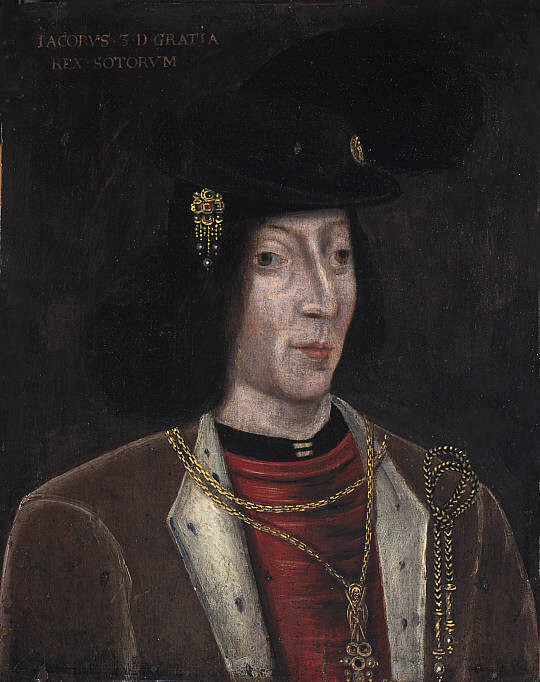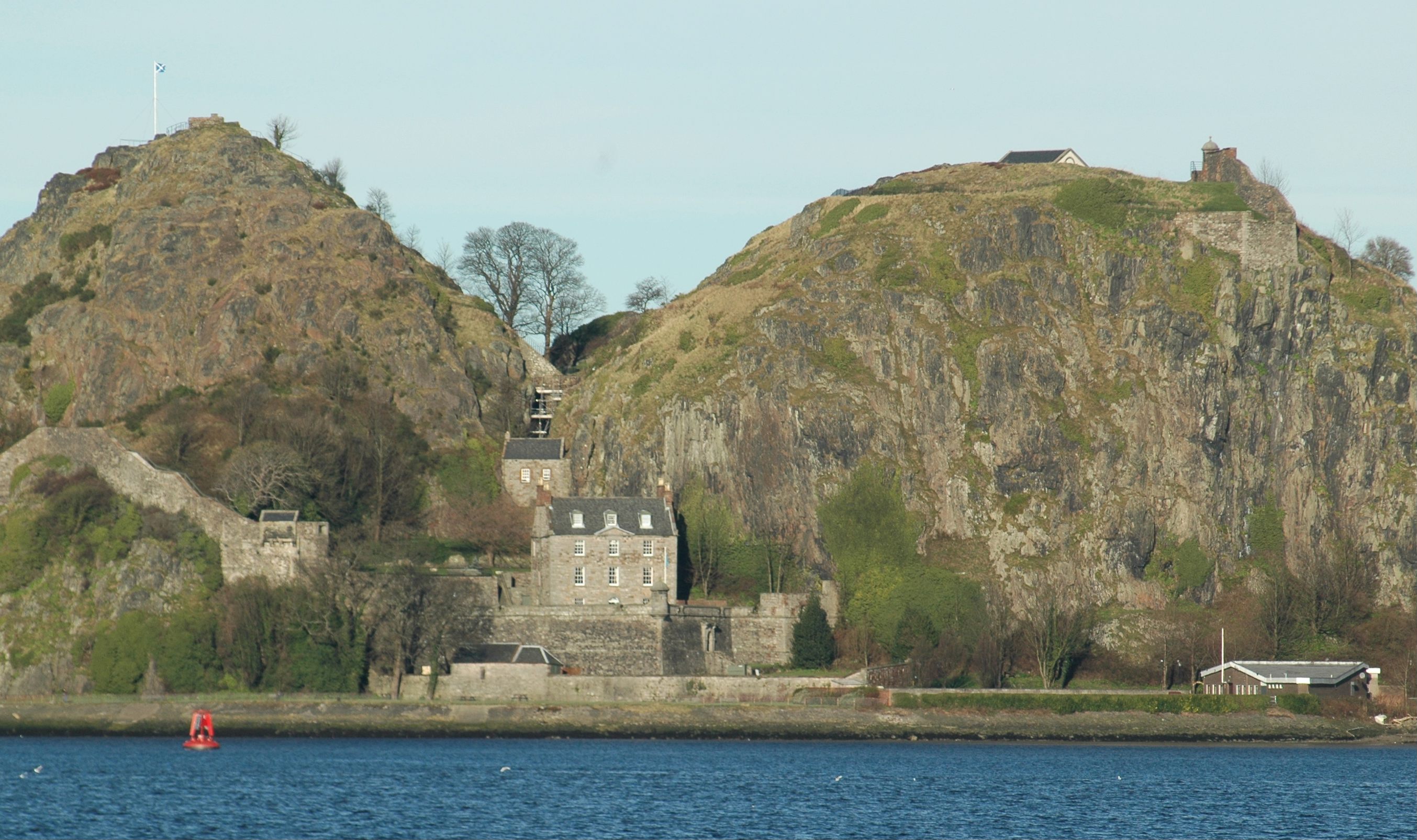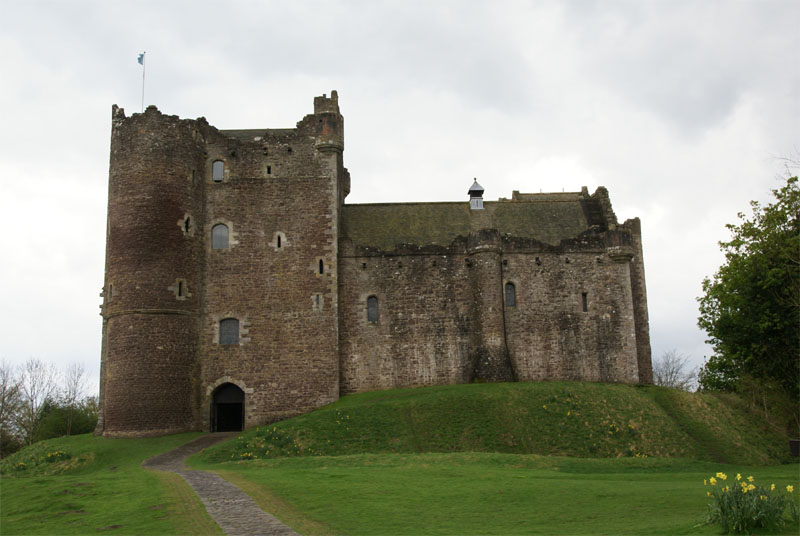|
Earl Of Ross
The Earl or Mormaer of Ross was the ruler of the province of Ross in northern Scotland, as well as chief of Clan Ross. Origins and transfers In the early Middle Ages, Ross was part of the vast earldom of Moray. It seems to have been made a separate earldom in the mid 12th century, when Malcolm MacHeth is found designated Earl of Ross. Malcolm had earlier been imprisoned at Roxburgh for rebelling against David I, but when Malcolm's brother-in-law Somerled invaded Scotland, David was forced to relent and grant the earldom unto Malcolm. The title was later granted by William the Lion to Floris III of Holland in 1161 upon Floris's marriage to William's sister Ada of Huntingdon. However, Floris held the title only in a nominal sense, as he took no active part in the governance of Ross. The title seems not to have been passed on, for in 1291 Floris's descendant is found complaining that he had been deprived of the earldom. The true founder was the famous Ferquhard, from th ... [...More Info...] [...Related Items...] OR: [Wikipedia] [Google] [Baidu] |
Peerage Of Scotland
The Peerage of Scotland (; ) is one of the five divisions of peerages in the United Kingdom and for those peers created by the King of Scots before 1707. Following that year's Treaty of Union 1707, Treaty of Union, the Kingdom of Scots and the Kingdom of England were combined under the name of Kingdom of Great Britain, Great Britain, and a new Peerage of Great Britain was introduced in which subsequent titles were created. Scottish Peers were entitled to sit in the ancient Parliament of Scotland. After the Union, the Peers of the old Parliament of Scotland elected 16 List of Scottish representative peers, Scottish representative peers to sit in the House of Lords at Westminster. The Peerage Act 1963 granted all Scottish Peers the right to sit in the House of Lords, but this automatic right was revoked, as for all hereditary peerages (except those of the incumbent Earl Marshal and Lord Great Chamberlain), when the House of Lords Act 1999 received the Royal Assent. Unlike most pe ... [...More Info...] [...Related Items...] OR: [Wikipedia] [Google] [Baidu] |
William, 5th Earl Of Ross
William (or Uilleam) III, 5th Earl of Ross (d. 1372) was a fourteenth-century Scottish nobleman. He was the fifth O’Beolan earl of Ross, descending from the founder of the line, Fearchar of Ross (or Fearchar MacTaggart). Biography William was the son of Hugh, Earl of Ross, and his wife Maud aka Matilda de Brus, sister of King Robert the Bruce. He was first cousin to David II, king of Scotland, through his mother, who was a sister of Robert the Bruce. William was in Norway at the time of his father's death at the Battle of Halidon Hill in 1333, but returned in 1336 and took possession of the earldom. Soon after his return, the earl undertook the rebuilding of the ruinous Fearn Abbey, which had been founded by Fearchar MacTaggart in the previous century. The life of William, Earl of Ross, is closely entwined with the political and military events of the reign of David II, who was ever vigilant to repel the English as they undertook to conquer Scotland. In 1339, the English, ... [...More Info...] [...Related Items...] OR: [Wikipedia] [Google] [Baidu] |
James Stewart, Duke Of Ross
James Stewart, Duke of Ross (March 1476 – January 1504) was a Scottish prince, and the second son of King James III of Scotland and his wife, Margaret of Denmark. James was heir presumptive to his brother until his death, and was Archbishop of St Andrews and Lord Chancellor of Scotland. Life He was made Marquess of Ormond at his baptism. He was created Earl of Ross in 1481 after that title was forfeited to the crown by John, Lord of the Isles. Of his father's three sons, James of Ross was the favourite. James III tried to marry him to Edward IV's daughter, Catherine of York. This increasing preference shown to James of Ross was a factor in the rebellion of his elder brother (the future James IV) against their father; and later, as king, James IV was suspicious of his brother's loyalty. Nonetheless, when the elder James succeeded to the crown in 1488, he raised James of Ross's title to Duke of Ross. Around May 1497, his brother the King nominated James of Ross (then 21 ... [...More Info...] [...Related Items...] OR: [Wikipedia] [Google] [Baidu] |
James III Of Scotland
James III (10 July 1451/May 1452 – 11 June 1488) was King of Scots from 1460 until his death at the Battle of Sauchieburn in 1488. He inherited the throne as a child following the death of his father, King James II, at the siege of Roxburgh Castle. James III's reign began with a minority that lasted almost a decade, during which Scotland was governed by a series of regents and factions who struggled for possession of the young king before his personal rule began in 1469. James III was an unpopular and ineffective king and was confronted with two major rebellions during his reign. He was much criticised by contemporaries and later chroniclers for his promotion of unrealistic schemes to invade or take possession of Brittany, Guelders and Saintonge at the expense of his regular duties as king. While his reign saw Scotland reach its greatest territorial extent with the acquisition of Orkney and Shetland through his marriage to Margaret of Denmark, James was accused of debas ... [...More Info...] [...Related Items...] OR: [Wikipedia] [Google] [Baidu] |
John Of Islay, Earl Of Ross
John of Islay (or John MacDonald) (1434–1503), Earl of Ross, fourth (and last) Lord of the Isles, and ''Mac Domhnaill'' (chief of Clan Donald), was a pivotal figure in late medieval Scotland: specifically in the struggle for power with James Stewart, James III of Scotland, in the remoter formerly Norse-dominated regions of the kingdom. His defeat in this conflict led to rebellion against John by his illegitimate son Angus Óg, resulting in the defeat of John's fleet at the Battle of Bloody Bay in the early 1480s. Thereafter and until his death in 1503 John remained an inconsequential figure while, until his murder in 1490, Angus continued to dominate the affairs of Clan Donald. In 1493 James IV brought the Lordship of the Isles to an end. Early life John was born to Alexander of Islay, Earl of Ross and Lord of the Isles, and Elizabeth, daughter of Alexander Seton the lord of Gordon and Huntly. He succeeded to his father's territories in 1449 while a still a minor. M ... [...More Info...] [...Related Items...] OR: [Wikipedia] [Google] [Baidu] |
James The Fat
James Mor Stewart, called James the Fat, () (c. 1400–1429 or 1449) was the youngest son of Murdoch Stewart, Duke of Albany and Isabella of Lennox. When his father and brothers were executed by King James I of Scotland, James I for treason in 1425, James led a rebellion against the king, taking the town of Dumbarton and killing the keeper of Dumbarton Castle. His success was short lived and he soon fled to Ireland, where he would spend the remainder of his life in exile. A second attempt at rebellion in 1429 saw a fleet sail to Ireland to collect James "to convey him home that he might be king", but he died before the attempt could be made. James's eldest son James "Beag" Stewart was able to secure a royal pardon and return to Scotland, and was the ancestor of the Stewart of Balquhidder, Stewarts of Ardvorlich on Lochearnhead, Lochearnside, whose family history is recounted by Sir Walter Scott in ''A Legend of Montrose''. James Mor's brother Walter (executed 1425) left a son, An ... [...More Info...] [...Related Items...] OR: [Wikipedia] [Google] [Baidu] |
David Stewart, Duke Of Rothesay
David Stewart (24 October 1378 - ) was the eldest son of Robert III of Scotland and his wife, Annabella Drummond. The heir apparent to the Scottish throne from 1390 until his death, David held the titles of Prince of Scotland, Duke of Rothesay, and Earl of Carrick. David was named by a general council to rule Scotland as regent, on behalf of his infirm and politically ineffective father, in 1399. He was responsible for the defense of Scotland during the English invasion in 1400. After coming into conflict with his uncle, Robert Stewart, Duke of Albany, David was arrested and removed from power in late 1401. He died in mysterious circumstances at Falkland Palace shortly afterwards. David's younger brother, James, eventually succeeded their father as King of Scots. Life David was born on 24 October 1378. He was the third child and eldest son of John Stewart, Earl of Carrick, himself the eldest son and heir apparent of King Robert II, and Annabella Drummond. David was prob ... [...More Info...] [...Related Items...] OR: [Wikipedia] [Google] [Baidu] |
James I Of Scotland
James I (late July 1394 – 21 February 1437) was List of Scottish monarchs, King of Scots from 1406 until his assassination in 1437. The youngest of three sons, he was born in Dunfermline Abbey to King Robert III of Scotland, Robert III and Annabella Drummond. His eldest brother David, Duke of Rothesay, died under suspicious circumstances while detained by his uncle, Robert, Duke of Albany. James's other brother, Robert, died young. Concerns for James's safety deepened in the winter of 1405–1406 prompting plans to send him to France. In February 1406, James took refuge in the castle of the Bass Rock in the Firth of Forth after his escort was attacked by supporters of Archibald, 4th Earl of Douglas. He remained there until mid-March when he boarded a vessel bound for France. On 22 March, an English vessel captured the ship and delivered James to Henry IV of England. The ailing Robert III died on 4 April and the 11-year-old James, now the uncrowned King of Scotland, would rema ... [...More Info...] [...Related Items...] OR: [Wikipedia] [Google] [Baidu] |
Battle Of Harlaw
The Battle of Harlaw () was a Scottish clan battle fought on 24 July 1411 just north of Inverurie in Aberdeenshire. It was one of a series of battles fought during the Middle Ages between the barons of northeast Scotland and those from the west coast. The battle was part of a series of battles fought to resolve competing claims to the Earldom of Ross, a large region of northern Scotland. Robert Stewart, Duke of Albany, Regent of Scotland, had taken control of the earldom ostensibly as guardian of his granddaughter Euphemia Leslie, but in truth, though Donald of Islay, Lord of the Isles had the superior claim, Albany wanted Ross for his younger son, John. Donald, Lord of the Isles, had married Euphemia's aunt Mariota. Donald therefore invaded Ross with the intention of seizing the earldom by force and preventing Albany from taking all of Scotland. The nearest contemporary record of the battle is found in the Irish Annals of Connacht, where under the year 1411, it is stated ... [...More Info...] [...Related Items...] OR: [Wikipedia] [Google] [Baidu] |
Battle Of Dingwall
The Battle of Dingwall was a Scottish clan battle said to have taken place in the year 1411, in Dingwall in the Scottish Highlands. It was fought between the Clan Mackay and the Clan Donald. Accounts of the Battle Sir Robert Gordon (c. 1630) Sir Robert Gordon, from his book the ''A Genealogical History of the Earldom of Sutherland'': ''This Angus-Dow Mackay fought against Donald, Lord of the Isles at Dingwall in Ross, because that Donald had molested some friends which Angus-Dow had in that country. At this conflict Angus Dow was overcome and taken prisoner, and his brother Rory-Gald, with divers others, were slain. Donald of the Isles having detained Angus-Dow a while in captivity, released him, and gave him his daughter in marriage, whom Angus-Dow carried home with him to Strathnaver, and had a son by her, called Niel-Wass, so named because he was imprisoned in the Bass.'' Robert Mackay (1829) Robert Mackay gives an account of the battle in his book ''History of the House and ... [...More Info...] [...Related Items...] OR: [Wikipedia] [Google] [Baidu] |
Donald Of Islay, Lord Of The Isles
Donald, Lord of the Isles (; died 1423), was the son and successor of John of Islay, Lord of the Isles and chief of Clan Donald. The Lordship of the Isles was based in and around the Scottish west-coast island of Islay, but under Donald's father had come to include most of the isles and the lands of Somerled, the King of the Isles in the 12th century, Donald's predecessor, including Morvern, Garmoran, Lochaber, Kintyre and Knapdale on the mainland. Donald was the grandson of King Robert II of Scotland and first cousin of King Robert III; he took pride in his royal blood, even adopting the royal tressure to surround his coat of arms. While it is customary to portray the Lords of the Isles as divorced from the mainstream of Scottish political life, and as representatives of a brand of lordship distinct from the rest of Scotland, this view obscures the fact that Donald was only one of many magnates who held large lordships with little interference from the crown in late 14th and ... [...More Info...] [...Related Items...] OR: [Wikipedia] [Google] [Baidu] |
Robert, Duke Of Albany
Robert Stewart, Duke of Albany (c. 1340 – 3 September 1420) was a member of the Scottish royal family who served as regent (at least partially) to three Scottish monarchs ( Robert II, Robert III, and James I). A ruthless politician, Albany was widely regarded as having murdered his nephew, the Duke of Rothesay, and brother to the future King James I of Scotland. James was held in captivity in England for eighteen years, during which time Albany served as regent in Scotland, king in all but name. He died in 1420 and was succeeded by his son, Murdoch Stewart, Duke of Albany, who was executed for treason when James returned to Scotland in 1425, almost causing the complete ruin of the Albany Stewarts. Early life and ancestry Robert Stewart was the third son of the future King Robert II of Scotland (1316–1390) and of Elizabeth Mure of Rowallan. His parents' marriage was deemed uncanonical at first, which, in some circles, gave their children and descendants the label of illegi ... [...More Info...] [...Related Items...] OR: [Wikipedia] [Google] [Baidu] |





